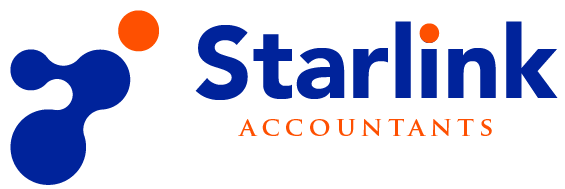If you have relatively straightforward tax affairs and already pay tax through PAYE (Pay As You Earn) you probably won’t need to complete a tax return. But if you have income from self-employment or above a certain level you may need to complete one.
Who needs to complete a tax return?
You can see the most common reasons for needing to fill in a tax return on this Hmrc Link.Who needs to complete a tax return
Your Self-employed
You have to complete a return for each year you were self-employed (or a partner in a partnership). You need to complete a tax return even if you make a loss or if it’s your final year of trading.
Example
Joe is a self-employed plumber. In January 2017 he decides to finish in business and finds employment with a local company.
As Joe ceased in business in January 2017 he still needs to complete a Self Assessment tax return for the tax year 6 April 2016 to 5 April 2017. In April or May 2016 HM Revenue & Customs (HMRC) will send him a notice to complete a tax return. Joe will need to send his tax return to HMRC by 31 January 2017. On his tax return he will need to include details of his employment and self-employment, including the date he stopped being self-employed.
If Joe’s circumstances stay the same he won’t need to complete tax returns in the future.

